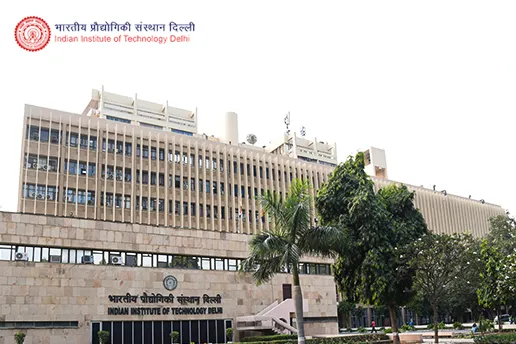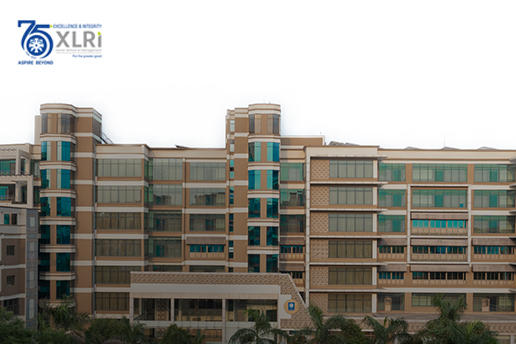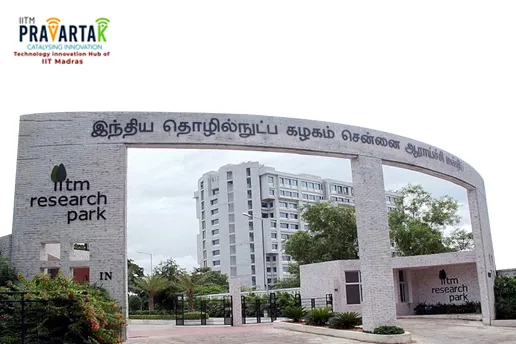Did you know that pursuing an Executive MBA (EMBA) can offer many benefits, such as expanding one’s professional network and developing critical thinking and problem-solving abilities? In fact, an EMBA can also lead to career advancement opportunities and a competitive edge in the job market, resulting in higher earning potential.
Many prestigious institutions across the globe, including in India, offer Executive MBA programs designed for working professionals who aspire to advance their careers in the business world. For instance, Dayananda Sagar MBA in India offers a flexible EMBA program tailoring to the needs of individuals with significant work experience seeking to enhance their leadership skills and business acumen.
This blog post will help you understand different types of Executive MBA programs and factors to consider before enrolling into one.
Types of EMBA Programs
Traditional EMBA Programs:
Traditional EMBA programs are structured to cater to the needs of working professionals who have busy schedules. These programs typically require students to attend classes on weekends, evenings, or have short intensive sessions. The program’s structure is usually cohort-based, meaning that students move through the program with a fixed group of peers, giving exposure to the students for networking and peer learning.
The pros of traditional EMBA programs provide the opportunity to have in-person interaction and networking with classmates and professors, access resources and meet facilities on campus, etc. However, these programs often require a significant time commitment, making it challenging for some working professionals to balance work and higher studies.
Online EMBA Programs:
Online EMBA programs are designed for working professionals who are seeking to pursue an Executive MBA degree while maintaining their current job responsibilities. These programs are typically delivered in a fully online or hybrid format, allowing students to complete the coursework and attend virtual classes from anywhere in the world.
The structure of online EMBA programs varies from institution to institution, but they generally include the same coursework and curriculum as traditional EMBA programs. Students do participate in virtual lectures and discussions; complete assignments, and collaborate with classmates and faculty members using online tools and platforms.
One of the primary benefits of online EMBA programs is flexibility. Students can typically complete coursework at their own pace and on their schedule, allowing them to balance their work and family obligations with their academic responsibilities. Additionally, online programs may offer lower tuition costs than traditional programs and eliminate the need for travel and on-campus expenses.
How to Choose the Right EMBA Program for You?
Choosing the right Executive MBA program is an important decision that requires careful consideration of various factors. Here are some key factors to consider when evaluating different programs:
-
Affordability:
Executive MBA programs can be expensive, so it’s important to consider the total cost of the program, including tuition, fees, and other expenses. Additionally, it’s important to consider the return on investment and know whether the program is likely to lead to career advancement and higher earning potential.
-
Reputation:
The reputation of the institution offering EMBA program is one of the major factors to consider before enrolling yourself into one. To ease the decision-making process, look for programs that are accredited by reputable organizations and have a strong track record of successful students.
-
Curriculum:
The curriculum of the program should be designed to meet your specific needs and career goals. Look for programs that offer courses and specializations in areas that align with your interests and career aspirations.
-
Schedule Flexibility:
Since many EMBA students are working professionals, it’s important to choose a program that offers a flexible schedule. In this aspect, it is better to choose a program that has a hybrid/blended learning model.
Things to Keep in Mind While Researching and Evaluating EMBA Programs:
-
Start your research well-in advance:
It is always better to begin with the research far before the application deadline, to give yourself plenty of time to evaluate different programs.
-
Talk to alumni and current students:
Reach out to alumni and current students of the programs to get a firsthand perspective on the program’s strengths and weaknesses.
-
Attend information sessions:
Attend information sessions or webinars hosted by the program to learn more about the curriculum, admissions process, and other important details.
-
Check rankings and reviews:
Look at rankings and reviews of EMBA programs you are considering opting for, to get an idea of their overall reputation and success rates.
How to Manage Work and Higher Studies?
Pursuing an Executive MBA in India while working full-time can be challenging, but with effective time management strategies and a strong support network, it is possible to balance both responsibilities. Here are some tips to help manage your time and balance work and school:
-
Create a schedule:
Develop a weekly schedule that includes dedicated time for coursework, studying, and other academic responsibilities, as well as time for work, family, and personal activities.
-
Prioritize tasks:
Prioritize tasks based on their level of importance and deadline, and tackle the most important tasks first.
-
Stay organized:
Use a planner or online tool to keep track of deadlines, assignments, and other important information.
-
Set boundaries:
Communicate with colleagues, friends, and family members about your academic commitments and set boundaries to ensure that you have dedicated time for coursework and studying.
-
Develop a support network:
Connect with other students in your program and seek out mentorship opportunities to gain support and guidance from experienced professionals.
Developing a support network and seeking mentorship can be especially beneficial for you. Having a mentor can provide valuable insights into the industry and help guide your career path while connecting with other students can provide a sense of community and motivation.
In addition, some Executive MBA programs offer support services, such as career coaching, networking events, and academic support, which can help manage your time and balance work and school responsibilities.
Overall, pursuing an EMBA with a full-time job, requires careful planning, time management, and a strong support network. By utilizing these strategies, you can successfully balance both responsibilities and achieve your academic and professional goals.
Conclusion
Pursuing an Executive MBA could be a viable option for individuals looking to advance their careers. You should evaluate different traditional and online EMBA programs based on factors such as cost, reputation, curriculum, and schedule flexibility before enrolling into one with Jaro Education.
For instance, in India, the Dayananda Sagar EMBA Program is known to offer flexible scheduling options and a comprehensive curriculum that caters to the specific needs of working professionals. Pursuing an EMBA at one’s own pace and with the benefit of flexibility can result in increased career opportunities and higher earning potential.






